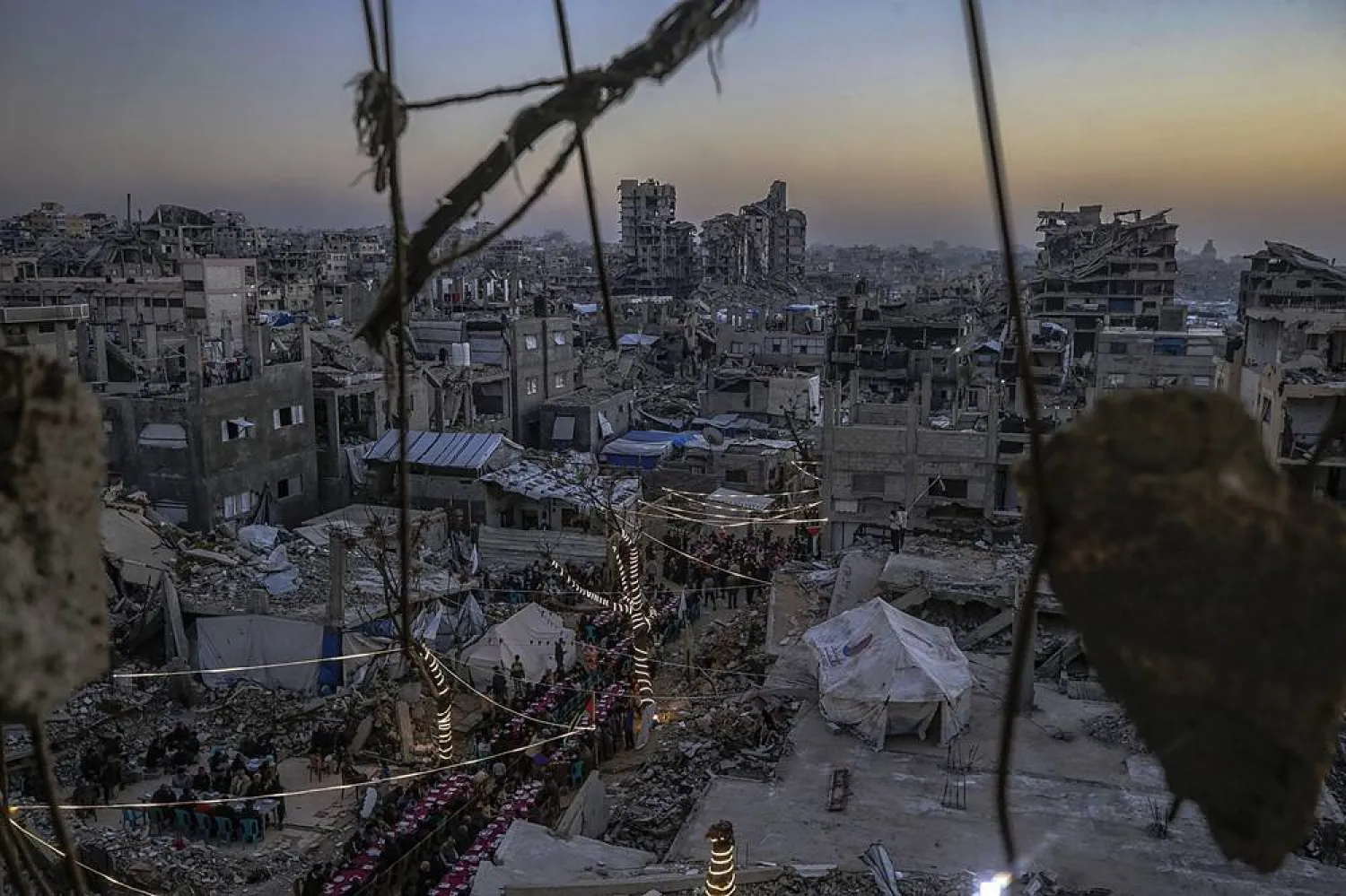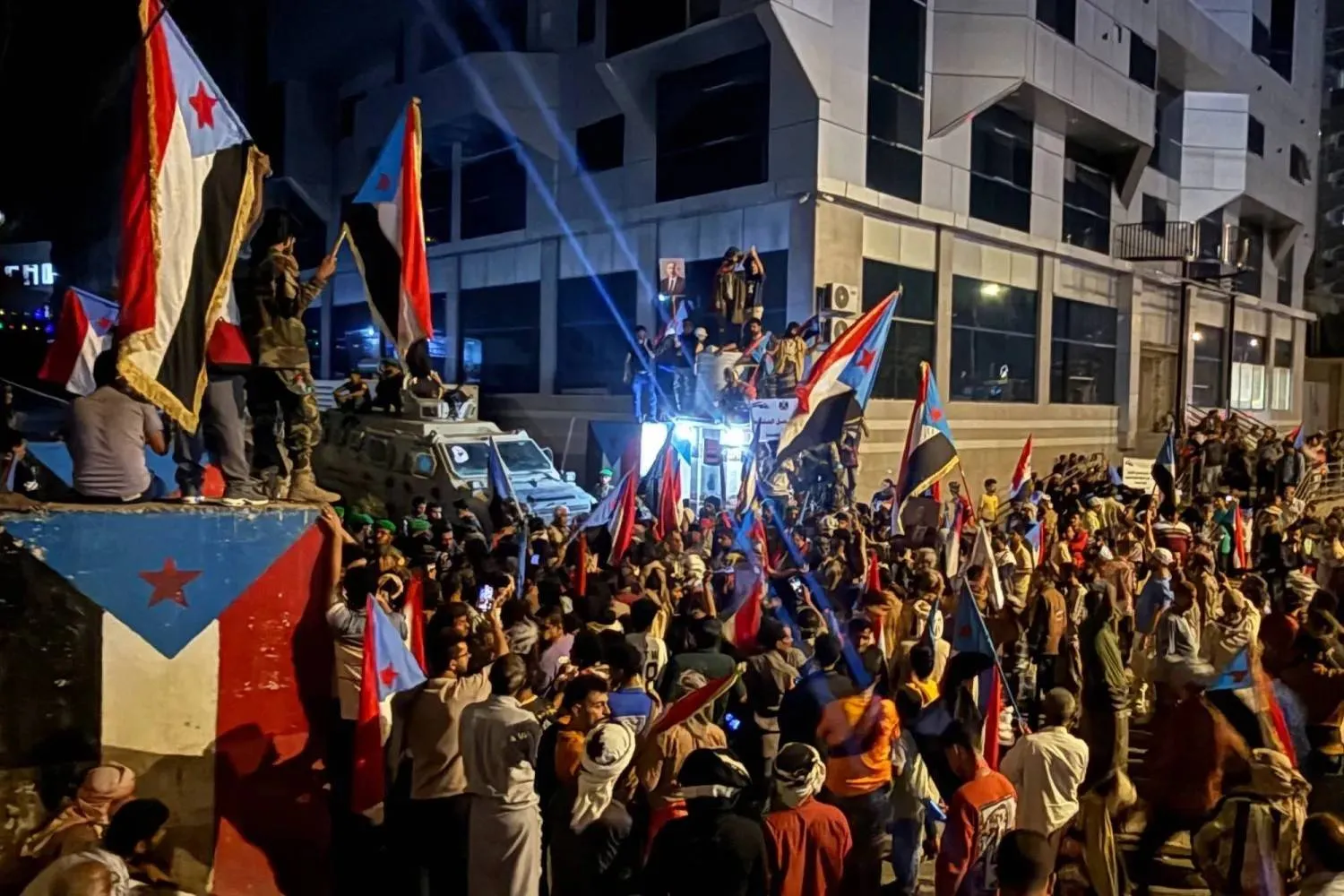The UN organization assisting in investigating the most serious crimes in Syria said Monday the country’s new authorities were “very receptive” to its request for cooperation during a just-concluded visit to Damascus, and it is preparing to deploy.
The visit led by Robert Petit, head of the International, Impartial and Independent Mechanism for Syria, was the first since the organization was established by the UN General Assembly in 2016. It was created to assist in evidence-gathering and prosecution of individuals responsible for possible war crimes, crimes against humanity and genocide since Syria’s civil war began in 2011.
Petit highlighted the urgency of preserving documents and other evidence before it is lost.
Since the opposition overthrow of Syria’s President Bashar al-Assad and the opening of prisons and detention facilities there have been rising demands from Syrians for the prosecution of those responsible for atrocities and killings while he was in power.
“The fall of the Assad rule is a significant opportunity for us to fulfill our mandate on the ground,” Petit said. “Time is running out. There is a small window of opportunity to secure these sites and the material they hold.”
UN associate spokesperson Stephane Tremblay said Monday the investigative team “is preparing for an operational deployment as early as possible and as soon as it is authorized to conduct activities on Syrian soil.”
The spokesperson for the organization, known as the IIIM, who was on the trip with Petit, went further, telling The Associated Press: “We are preparing to deploy on the expectation that we will get authorization.”
“The representatives from the caretaker authorities were very receptive to our request for cooperation and are aware of the scale of the task ahead,” the spokesperson said, speaking on condition of not being named. “They emphasized that they will need expertise to help safeguard the newly accessible documentation.”
The IIIM did not disclose which officials in the new government it met with or the site that Petit visited afterward.
“Even at one facility,” Petit said, “the mountains of government documentation reveal the chilling efficiency of systemizing the regime’s atrocity crimes.”
He said that a collective effort by Syrians, civil society organizations and international partners will be needed, as a priority, “to preserve evidence of the crimes committed, avoid duplication, and ensure that all victims are inclusively represented in the pursuit of justice.”
In June 2023, the 193-member General Assembly also established an Independent Institution of Missing Persons in the Syrian Arab Republic to clarify the fate and whereabouts of more than 130,000 people missing as a result of the conflict.









